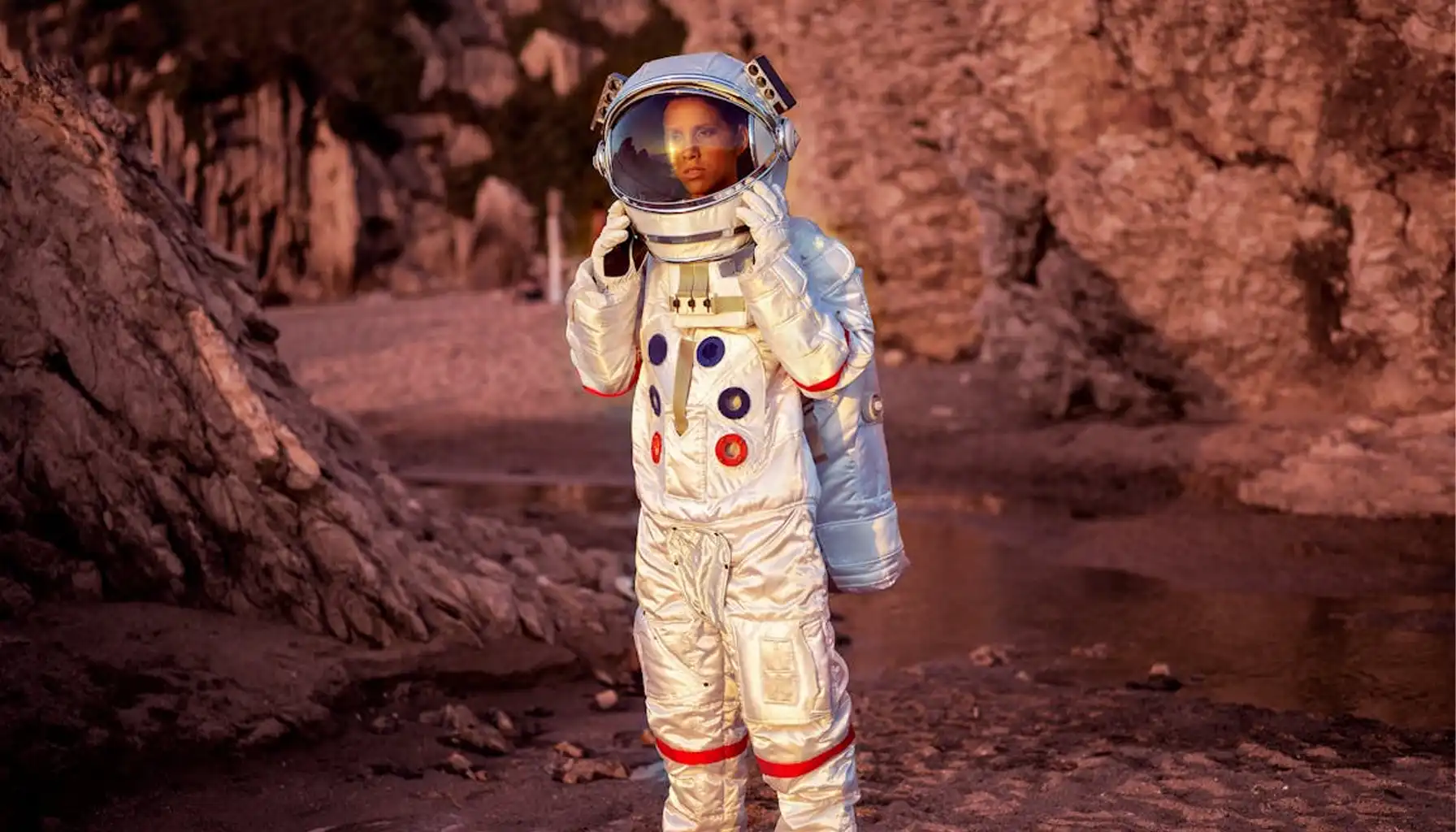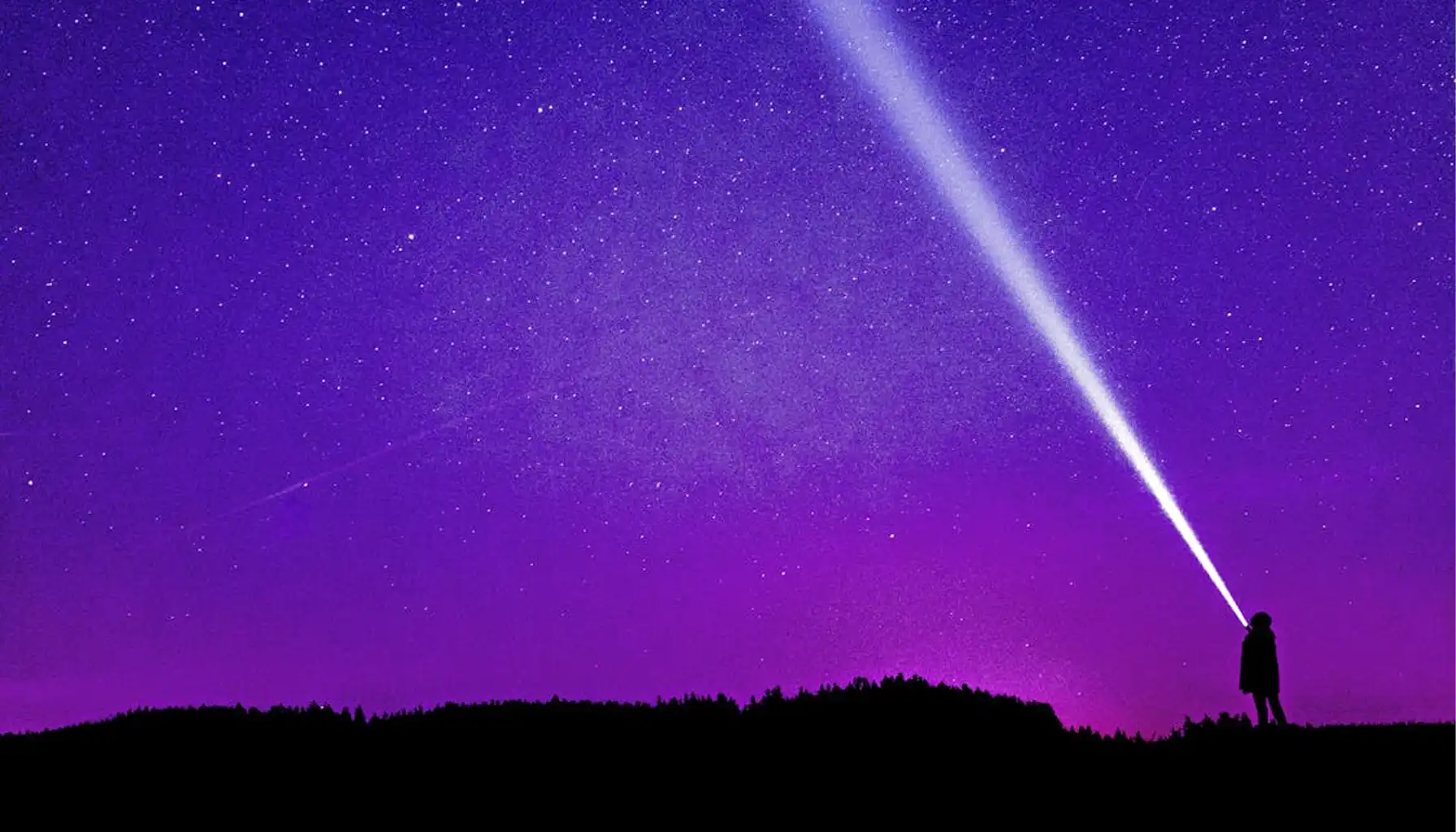Contents:
Astrophobia is the fear of space or things connected to it like stars, planets, or even just looking up at the night sky. Maybe you’re scared of the sheer size and mystery of the universe that triggers it; or perhaps, it’s the thought of unknown dangers that might be “out there.”
It’s easy to mix it up with the fear of tight space, but they’re opposites. Claustrophobia or Agoraphobia is being trapped in small areas, astrophobia is when you’re scared of huge, open spaces that are beyond our control. So it’s more like Aquaphobia, in the part where you’re scared of the ocean or sea.
In mental health terms, what is astrophobia? It’s a specific phobia, a fear that can affect everyday choices. It might mean skipping stargazing picnic nights, avoiding science museums, or feeling not fine when just seeing space scenes in movies.
Some people use something like games for the brain, an app Mind Elevate with mental puzzles, focus challenges, and “brain workouts,” to build mental resilience. Of course it’s not a replacement for therapy, but it keeps your mind engaged and can help you feel more grounded when facing triggers.
Why This Fear Happens

Let’s say your friends invite you over for a sci-fi marathon. Popcorn’s ready, lights are dimmed, and the first movie opens with a slow zoom into a galaxy full of glittering stars. Everyone’s in awe… except you.
Your pulse jumps, your palms get sweaty, and suddenly the idea of staring into endless black space for the next two hours feels like a terrible life choice. You quietly grab your drink, mumble something about needing more ice, and retreat to the kitchen like it’s a safe bunker.
By the time you return, the scene has switched to a spaceship interior, and you act like you’ve been there all along. Nobody knows you just staged a mini escape mission from the universe itself.
There’s no single reason for the fear of space, it’s usually a personal history, genetic anxiety, what we’ve learned, and how our brains process risk. What can it be?
Early experiences. A scary documentary, a panic attack while stargazing, or even a bad dream about space can plant a lasting association (you may require Trauma Therapy)
Misinformation and media. Dramatic movies or exaggerated news stories can make the space seem far more dangerous than it really is
Anxiety sensitivity. People who are more aware of bodily changes (like a racing heart) may connect those feelings with space imagery
Learned reactions. If someone close to you talked about space in fearful terms, it can shape your own response over time
Brain wiring. The amygdala, the brain’s threat center, can become overactive when seeing or thinking about unknown environments
In clinical terms, the astrophobia definition is a specific phobia linked to fear of outer space, where the reaction is automatic and hard to control.
Spotting the Signs in Daily Life

Astrophobia can spoil daily routines. People with a fear of space phobia might skip conversations about astronomy, avoid movies with space scenes, or feel uneasy under a clear night sky.
Common signs:
Thought patterns. Persistent worry about what’s “out there,” or imagining worst-case scenarios tied to space
Emotional responses. Unease that grows into anxiety or panic when reminded of the topic, even if the situation is safe
Physical reactions. Tense muscles, faster heartbeat, or a drop in stomach comfort when seeing images of planets or galaxies
Behavioral avoidance. Steering clear of museums, documentaries, or even wide open landscapes that bring on a sense of fear of empty space
When professionals discuss astrophobia meaning, they note that it’s a strong, persistent reaction that shapes choices and limits experiences.
When to Get a Professional Opinion

Not every unease about the cosmos needs treatment, but certain patterns signal it may be time to reach out for help. If the fear of open space is stopping you from enjoying activities you once liked, such as stargazing, travel, or even outdoor walks, you should think about therapy.
Here are signs that talking to a mental health professional could help:
The fear is persistent and intense, not just a passing discomfort
You avoid everyday situations or media that show astrophobia images, even when they pose no actual threat
The anxiety leads to physical symptoms like chest tightness, dizziness, or shortness of breath
Your work, school, or relationships are affected because of astrophobia fear of space
Your Possible Action Plan for the Next 30 Days (Consult With a Therapist)
Week | Focus | Actions | Notes |
Week 1 Awareness | Identify triggers | Track moments when fear appears and what set it off even mild ones like certain movies or astrophobia pictures | Helps you see patterns you may not have noticed |
Week 2 Education | Learn the facts | Read reliable sources to understand what does astrophobia mean in a clinical sense | Separating myths from facts can lower anxiety |
Week 3 Gradual Exposure | Face it gently | Safely explore mild triggers, like space documentaries or stargazing apps, while practicing relaxation | Useful if the fear overlaps with megalophobia astrophobia |
Week 4 Reflection & Next Steps | Review progress | See what worked, note ongoing challenges, and decide if professional help is needed | Builds a clear path forward |
Phobia Stigmas in Society

Fear-based conditions like astrophobia can face a double challenge: the distress from the phobia itself, and the way people react to it. In many communities, anxiety disorders have been misunderstood for generations, sometimes seen as weakness or overreaction. This can make it harder for someone to speak up about an astrophobia trigger, let alone seek help.
Researchers (Understanding and Addressing Mental Health Stigma Across Cultures for Improving Psychiatric Care: A Narrative Review PMID: 37250612) have found that stigma often works on two levels. There’s public stigma, the judgments or dismissive attitudes from others, and self-stigma, when a person starts believing those negative ideas about themselves.
Self-stigma can be a bigger barrier than outside opinions, quietly convincing someone they shouldn’t get therapy or even talk about what’s going on. Anxiety disorders, including space-related fears, can cause physical symptoms, avoidance behaviors, and major life disruptions.
Normalize the conversation. When we define astrophobia simply as a specific fear that can be managed we make space for understanding. Talking openly and encouraging help-seeking can dismantle the stigma.
FAQ
Whats astrophobia?
It’s fear or anxiety when thinking about or seeing things related to outer space, stars, or the night sky.
What are common astrophobia symptoms?
A racing heartbeat, feeling dizzy, nausea, shaking, or an urgent need to leave a situation involving space-related images or topics.
How many people have astrophobia?
Exact numbers are hard to measure, but it’s considered rare compared to more common phobias like fear of heights or spiders.
Can this fear be treated?
Yes. Many people improve with cognitive-behavioral therapy, exposure, and relaxation techniques tailored to their comfort level.
How do you cope day-to-day?
Practical steps like controlling exposure to triggering media, preparing grounding techniques in advance, and building a safe space to retreat to if needed.





